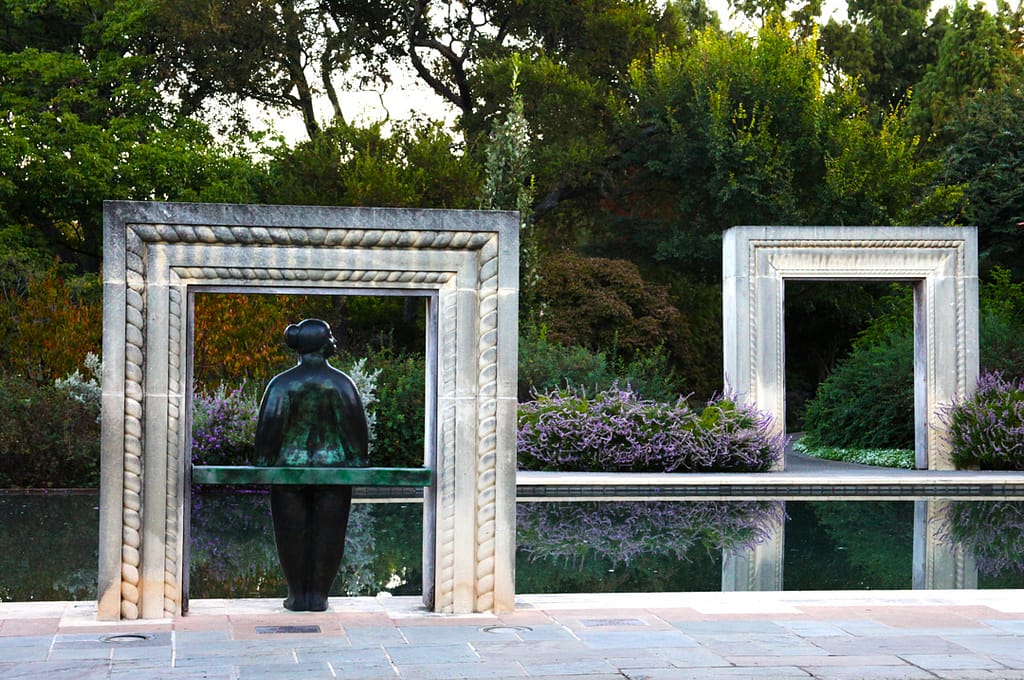A Passion for Supporting the Needs of Others
Philanthropists lend essential support to community causes. But the volunteers who work to make the fundraising events happen are the true humanitarians. Their work supports the charities that provide basic needs and education for the underprivileged. Volunteers help fight abuse and addiction and support medical care and research. Some community leaders identify a need and establish their own non-profits or foundations to support that need. Dallas’ fundraisers are both over-the-top social events and essential to their causes.


Venise Stuart is a name that comes up in any discussion about philanthropists and humanitarians. Venise speaks with podcast host Beverly Smirnis about her passion for philanthropy.

The Social Calendar on TheSavvyList.com’s lists upcoming social events in Dallas. But, the events exist only thanks to the important work of volunteers. The humanitarians who plan and lead events, and the philanthropists that support them are also highlighted.
“Charity isn’t about pity, it is about love.” — Mother Teresa


(above) Abraham Salum of Salum Restaurant hosted the dinner. But volunteers like event chairs David Andrews and Carlo Barone and the patrons of Bryan’s House made it happen. (photo by Danny Campbell).

Donations are critical for funding research of medical professionals and scientists
The spirit and generosity of philanthropists funds essential research that can lead to significant discoveries. And this type of work can save lives or significantly improve the quality of life for those diagnosed with disease.
“It is every man’s obligation to put back into the world at least the equivalent of what he takes out of it.” — Albert Einstein






Supporting our Military Heroes Means Lending Aid to Their Families
Members of the armed forces and their families make sacrifices to serve and defend our country. First responders risk their lives to protect and serve the community. From supporting those who have been wounded during their service to helping the families of those who are serving or have served, our community does important work to show their gratitude.
“There could be no definition of a successful life that does not include service to others.”
—President George H.W. Bush


Jeff Gault joined Beverly Smirnis in the podcast studio to talk about his exciting career in the military. As a military family, Jeff and his wife Rose, and their children, experienced great reward from living in various places all over the world. But, they also faced challenges. Due to Jeff’s various assignments, the family was never in one place long enough to put down roots.
When Jeff retired from his long military career, his family’s own sacrifices inspired his passion for creating the Army Scholarship Foundation. Jeff founded the non-profit foundation with help from fellow U.S. Army veterans. Since its establishment in 2001, it has awarded thousands of college scholarships to the sons and daughters of those who have served our nation honorably as soldiers in the United States Army. Spouses of enlisted soldiers serving on active duty in the United States Army are also eligible for scholarships.



Philanthropists and Humanitarians Support the Arts
Research shows that students do better when schools and communities come together to support their education through fundraising. But the teachers who shape the minds of future leaders have a long list of much-needed materials for their students and volunteers needed to assist.
Supporting the arts helps preserve and promote cultural heritage. It informs and teaches the public by opening up a world of imagination and exploration. And it also fosters a sense of identity, belonging, and pride within communities. The value of incorporating music into a child’s education is proven to improve students’ cognitive function and academic performance. But to sustain this important mission, museums depend on community support.
“The meaning of life is to find your gift. The purpose of life is to give it away.”
— Pablo Picasso


“The people who are the true innovators, the people who are Bill Gates and Steven Jobs and Steven Spielberg, the people who come up with the amazing next thing, these are the right-brained kids, the ones that sometimes gets shoved over in the corner, and they’re considered to be slow learners, nerds, not cooperative, they’re all of those things.
But what they really are is they’re brilliant, and they’re thinking in a way that is different than the left-brain-dominant kids who think very logically and in a linear way. Right-brain kids don’t think like that, but they’re the ones who create the magic things that we need. And if we bore them to death, instead of developing an Apple computer or software, what we’ll end up doing is we’ll see them drop out, and what a shame, what a loss—not to that kid, the loss to all of us.”
– a Mike Huckabee soundbite from a podcast on music and arts education advocacy


